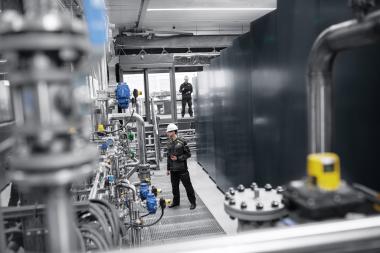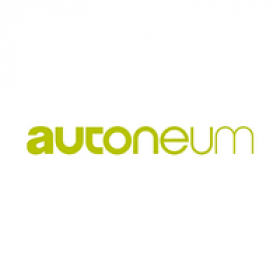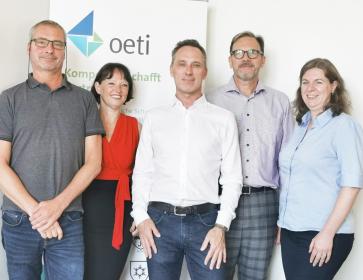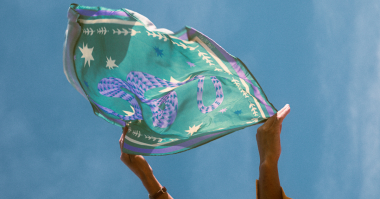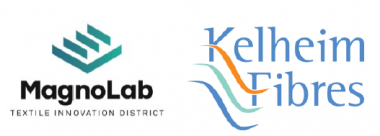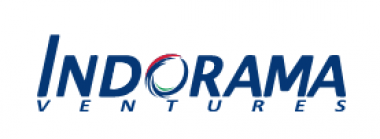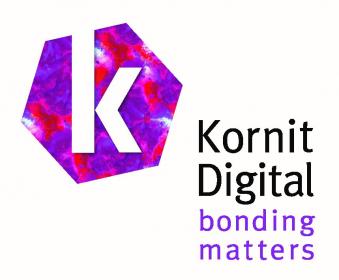Stahl: Second consecutive Platinum EcoVadis rating
Stahl, a leading provider of coating technologies for flexible substrates, has been awarded a Platinum rating by the sustainability rating agency EcoVadis for the second consecutive year. For the 2023 EcoVadis assessment, Stahl’s rating increased by three points compared to its 2022 score, reflecting the company’s improved performance in the area of labour and human rights.
Progress in the Labour & Human Rights category
The 2023 EcoVadis assessment revealed the progress Stahl is making in the Labour & Human Rights category, where Stahl scored 90 out of a possible 100 points. This reflects the company's recent work to improve its health and safety management systems. In particular, the majority of Stahl’s global manufacturing sites are now ISO 45001 certified and more than 94% are ISO 14001 certified. Stahl has also taken steps to improve its approach to employee career development and well-being. These include the creation of an individual career plan for all employees and the introduction of a new company-wide employee satisfaction survey.
Stahl moves forward with 2030 ESG ambitions
Stahl has set a 2030 target to maintain its EcoVadis Platinum rating by working closely with its value chain partners to help them reduce their impact. In 2022, 83% of Stahl’s total spend on raw materials was sourced from EcoVadis-rated suppliers.
EcoVadis is a globally recognised, evidence-based rating platform that assesses the performance of more than 90,000 organisations against key sustainability criteria across four categories: Environment, Labour & Human Rights, Ethics and Sustainable Procurement. For the 2023 EcoVadis assessment, Stahl received an overall score of 80 out of 100, up from 77 in 2022. This score indicates an advanced level of sustainability maturity and ensures that Stahl retains its Platinum rating. This is awarded to the top 1% of companies assessed by EcoVadis. Stahl achieved its first Platinum rating in 2022, having undergone its first EcoVadis assessment in 2015.










